This is why many major companies, including Amazon, Goldman Sachs, and Verizon, have banned or restricted OpenAI's ChatGPT chatbot. ChatGPT uses data from conversations with users to improve accuracy.
Of course, it is undeniable that ChatGPT in particular and generative AI tools in general bring to businesses. It helps increase labor productivity, reduce time spent on repetitive tasks for employees. Some companies such as Coca-Cola, Bain & Company have signed cooperation agreements with OpenAI.

But for many employers, the security risks are even more concerning. In early April, Samsung said employees accidentally leaked internal source code and recorded meetings while using chatbots.
Here is a list of companies that restrict or ban ChatGPT altogether:
Apple
Apple has restricted employees from using ChatGPT and third-party AI tools due to concerns about confidential data leaks. The iPhone maker has also asked employees not to use the Copilot automated software writing program developed by GitHub and OpenAI. Apple is working on its own AI tools under the leadership of John Giannandrea, a former Google executive.
Bank of America
Bank of America has added ChatGPT to its list of apps it doesn't allow for work use. It's one of several banks taking strict compliance measures around internal communications after being fined more than $2 billion by US regulators for failing to monitor the use of apps like WhatsApp.
Calix
CEO Michael Weening announced that ChatGPT was banned on all features and devices starting in April. He cited the Samsung data breach as the reason for the ban. Weening was concerned that ChatGPT could expose sensitive data such as internal notifications and customer contracts to outsiders.
Citigroup
ChatGPT is on Citigroup's list of automatically banned third-party software. A spokesperson for the organization said it is studying the risks and benefits associated with the technology.
Deutsche Bank
Deutsche Bank employees' access to ChatGPT was disabled in February. This is standard practice for third-party websites to protect against data breaches. In the meantime, the bank will figure out how to best utilize the chatbot while protecting its own and its customers' data. Deutsche Bank is developing its own AI chatbot.
Goldman Sachs
Also from Citigroup, Goldman Sachs blocked access to ChatGPT through an automated process. Goldman is developing its own AI tool to simplify tasks such as document classification and business report summaries.
JPMorgan Chase
The largest US bank restricted employees from using ChatGPT in late February as part of standard third-party software controls, but the bank may use the tool in the future.
Northrop Grumman
The defense and aerospace company banned ChatGPT earlier this year, saying it would not share company and customer information with outside parties before it was vetted.
Verizon
The telecom giant also raised privacy and security concerns with ChatGPT. Verizon announced that employees would no longer be able to use its internal system to access chatbots from mid-February due to the risk of losing sensitive information such as customer data and source code.
Samsung
The South Korean conglomerate banned its employees from using ChatGPT and other generative AI tools in early May. The ban was imposed after engineers accidentally leaked sensitive information, including source code and meeting recordings, in April when uploading them to the chatbot. Samsung itself has developed its own AI tools for employees to use in software development, translation, and document synthesis.
In addition, some companies do not completely ban ChatGPT but only require employees not to share confidential information on the platform, such as Accenture, Amazon, PwC Australia...
(According to Fortune)
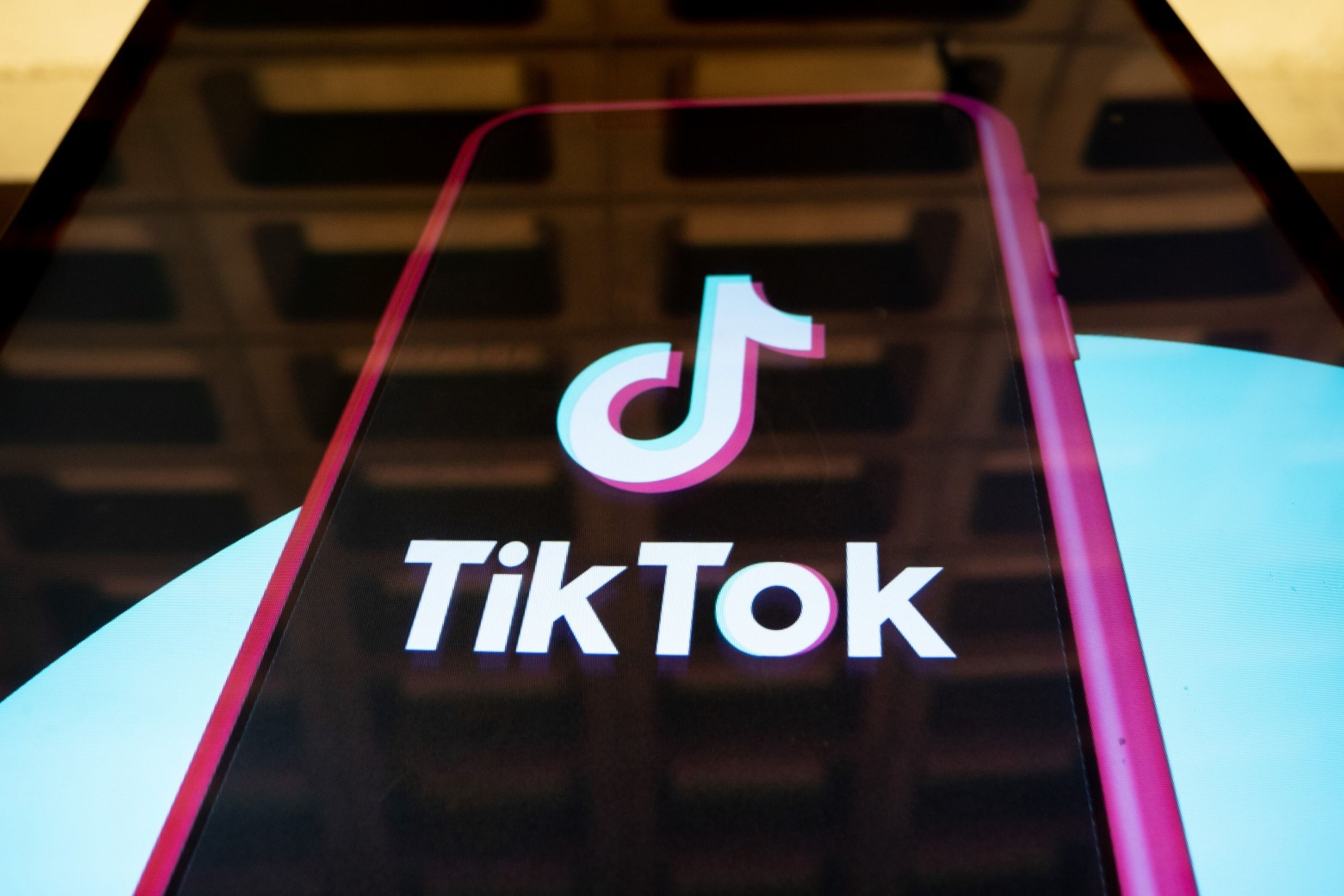
Source








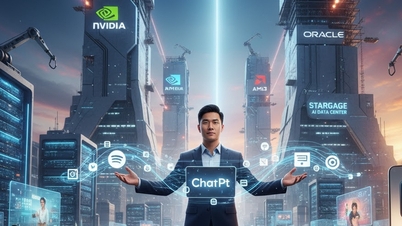








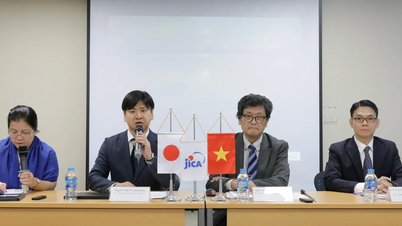
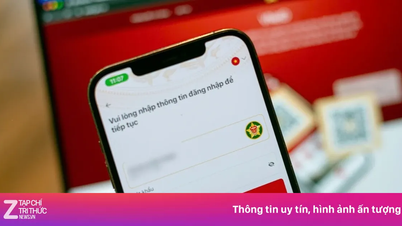



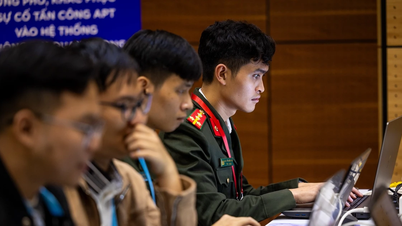
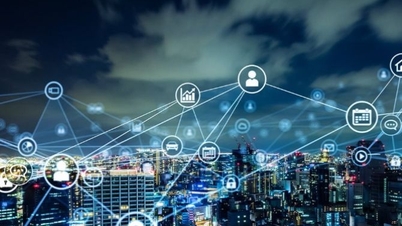

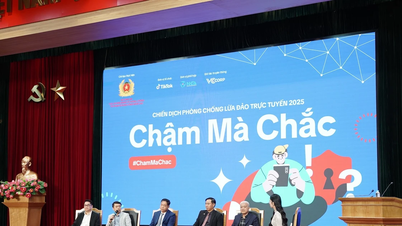






















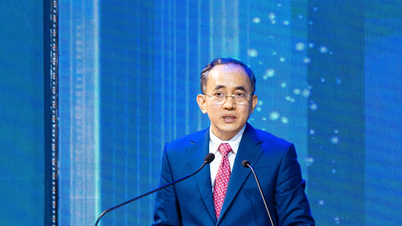





















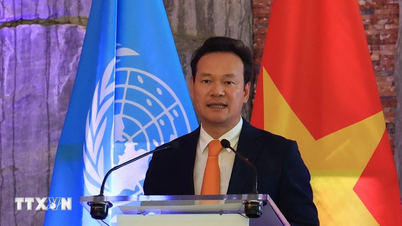





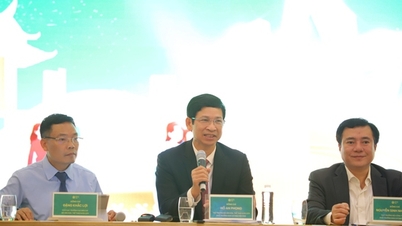





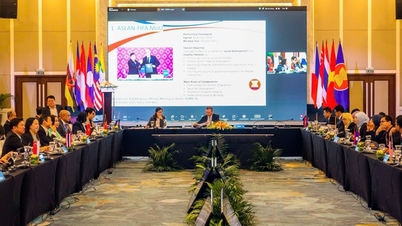

























Comment (0)